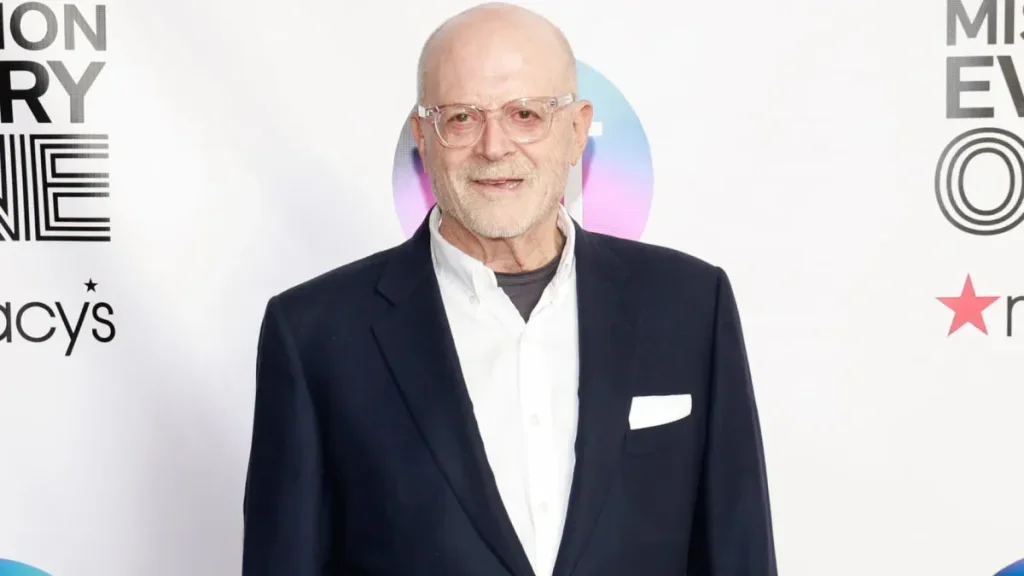
(And What It Says About Your Workplace Culture)
Here’s something that might surprise you: One of the fastest ways to build trust at work is to
ditch your title. Depending on who you are and when you entered the workforce, that might be a
hard habit to change, but if you want to make friends and boost the productivity of your
employees, ditch formality and titles and do it quickly.
An increasing number of seasoned CEOs, including 80-year-old Mickey Drexler, no longer want
to be called “Mister” – just their first name. And it’s not a casual quirk, it is a deliberate
leadership choice rooted in emotional intelligence.
Drexler has built his company’s culture around that idea because here’s the thing: Most
members of upper management call their employees by their first names.”No one can call me ‘mister.’ I don’t care who it is,” Drexler said during a LinkedIn interview on April 10, adding that the title goes against his leadership philosophy of being on the same level as the people around him. “Even in restaurants, I [tell people to call me] Mickey, that’s it. I want them to feel not beneath me.”
If they’re doing that, and you’re doing the “Mister Drexler” thing, then there’s a completely
artificial assumption of superiority at play. One of you is “above,” and the other is “below.”
Drexler doesn’t like that. In fact, even when he’s out socially (at a restaurant, for instance), he
insists that people just call him Mickey.
Leaders who understand people know that mutual respect doesn’t come from titles. It comes
from how you show up. From how you listen. From how you treat others, regardless of what
your nameplate says.
And when you give people permission to treat you like a person instead of a position? That’s
when the good stuff happens.
Collaboration improves. Communication flows more freely. People feel safer bringing ideas, or
problems, to your attention. That’s when you stop being the boss, and start being the kind of
leader people actually want to work for.
It doesn’t mean throwing professionalism out the window. It just means being mindful about the
kind of culture you’re creating. Do your words invite connection, or reinforce separation?
It’s a small shift, but it sends a loud message that can, if you let it, echo through everything you
do. Here’s a simple experiment: The next time you give an employee a gift of recognition, put
their name on it, then sign it with just your first name. The results of that small shift might
surprise you. Even better, you can find those customizable gifts with names from our shop: successories.com

